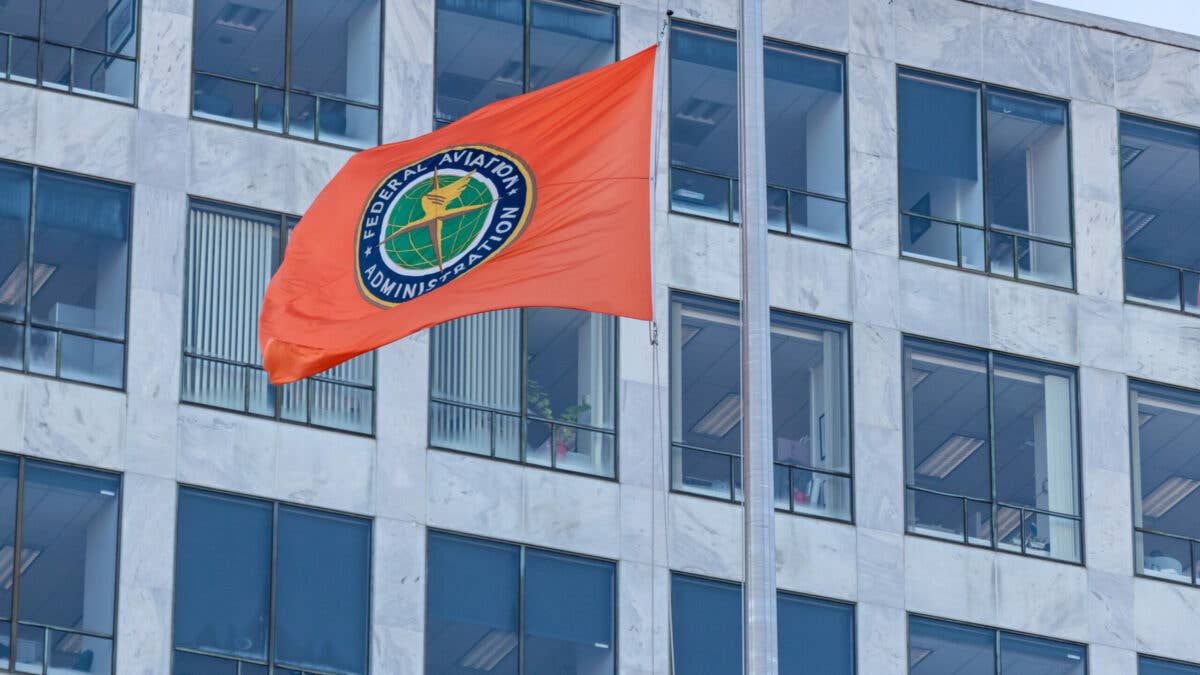FAA Forms Safety Review Team, Issues Call to Action
The FAA said it is planning a safety summit with aviation stakeholders in March following a string of narrowly avoided accidents.

FAA head Billy Nolen issued a safety call to action following several narrowly avoided aviation accidents in the past few months. [Credit: shutterstock]
In a February 14 memo, Federal Aviation Administration head Billy Nolen issued a safety call to action following several narrowly avoided aviation accidents in the past few months.
In the memo, Nolen said a new safety review team will examine the national airspace system’s structure, culture, processes, systems, and integration of safety efforts.
Nolen’s call to action follows major incidents at U.S. airports—including two potentially catastrophic near-collisions and a United Airlines flight that plunged within 800 feet of the Pacific Ocean.
"Recent events remind us that we must not become complacent. Now is the time to stare into the data and ask hard questions," Nolen said in the memo.
The memo also outlined that the FAA would hold a safety summit in March, bringing together commercial and general aviation leaders, labor partners, and other stakeholders to determine which mitigations are working and which are not as effective. Another focus of the safety review is to examine if there are other incidents or emerging trends connected to the ones seen in recent weeks. Additionally, the review team would focus on the Air Traffic Organization (ATO) and assess how to better “strengthen the connection between ATO and the FAA Aviation Safety organization for monitoring and addressing safety risks.”
Congress is also looking into the recent aviation mishaps that have swept national headlines. On February 15, the Senate Commerce Committee held a hearing on the FAA’s NOTAM system outage, which led to the first U.S. ground stop since 9/11.
During Wednesday’s hearing, members of Congress pressed the need for a leader at the FAA, as President Biden’s nominee Phillip A. Washington as FAA administrator has once again stalled.
Nolen also commented on upgrades to the NOTAM safety messaging system and said it would mostly be complete by “mid-2025.” He also stated that he believes “the fixes that we have in place today will prevent the recurrence of the event that we saw in January,” but admitted he cannot guarantee there will not be another error.
“Can I say to the American public that we are safe? The answer is that we are," Nolen said. "If the question is, can we be better? The answer is absolutely. And that’s the piece we’re working on.”

Subscribe to Our Newsletter
Get the latest FLYING stories delivered directly to your inbox






